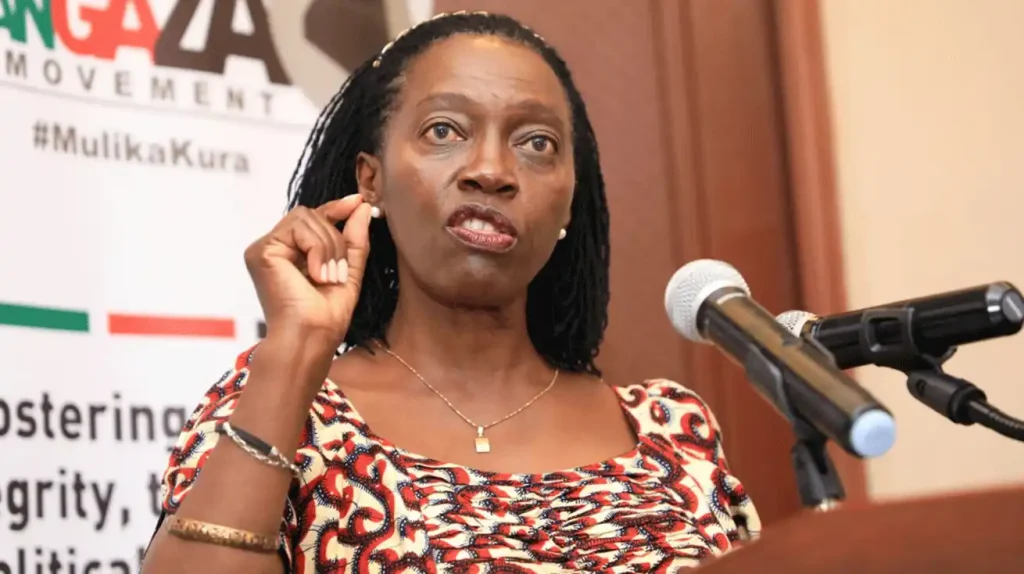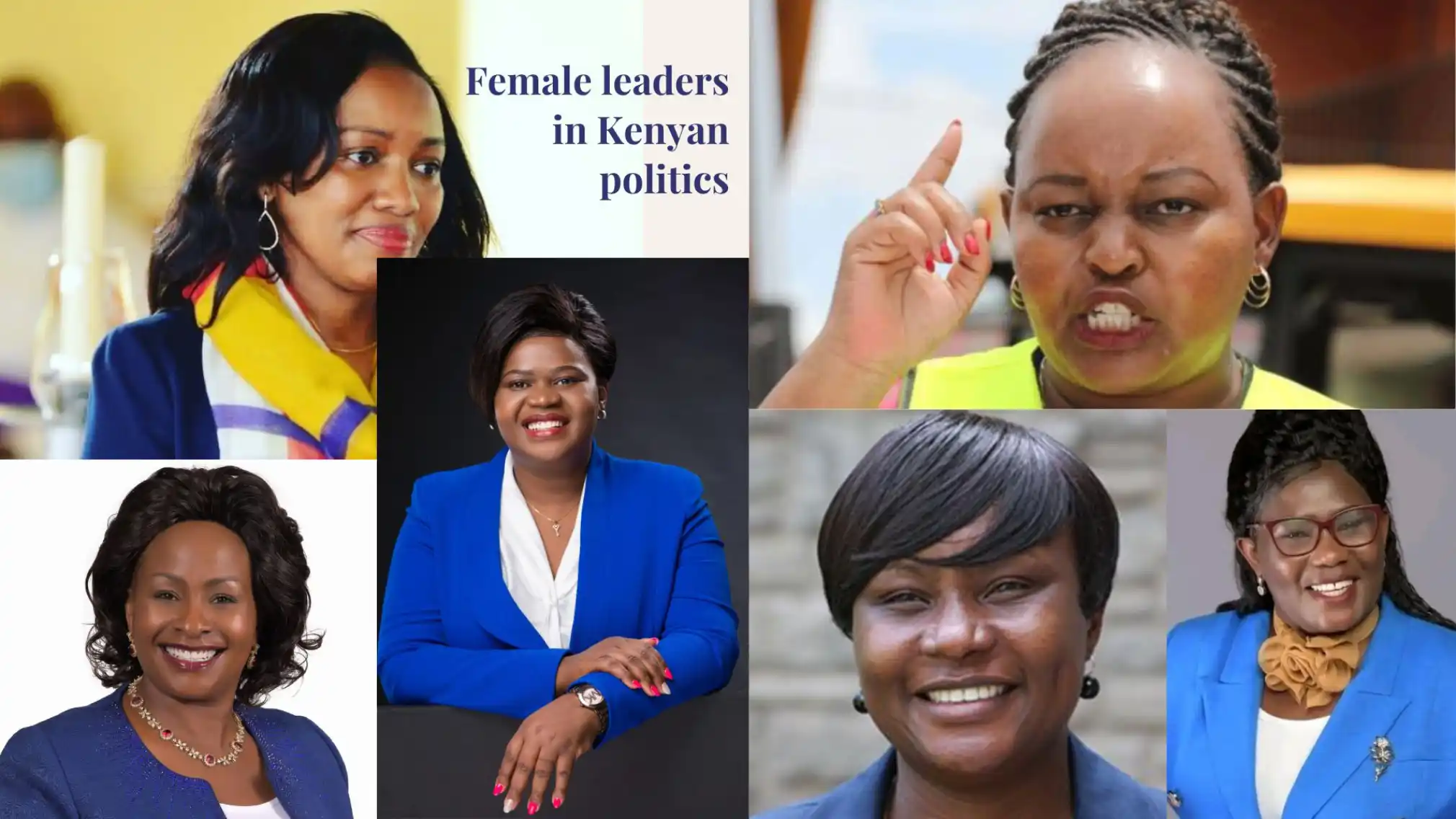The history of politics in Kenya has often been narrated through the voices of men, yet the influence and resilience of women in Kenyan politics remain undeniable. From grassroots mobilization to leadership at the national level, women have been at the forefront of shaping governance, championing reforms, and driving social transformation. Today, their role is not only essential but also revolutionary in building an inclusive democratic future.
A Historical Glimpse into Women’s Political Journey
Kenyan women have long played an instrumental role in political struggles, even before independence. Figures such as Mekatilili wa Menza stood up against colonial injustices, symbolizing women’s courage in leadership. Post-independence, women continued to push boundaries, entering parliament and advocating for policies that addressed education, health, and human rights.
Although the political arena has been male-dominated for decades, the resilience of women leaders has gradually dismantled systemic barriers, proving their ability to lead and influence national discourse.
The Role of Women in Modern Kenyan Politics
The 2010 Constitution of Kenya marked a turning point by entrenching gender equality in governance. The two-thirds gender rule was introduced to enhance women’s representation in political offices.
Today, women serve as governors, senators, members of parliament, and cabinet secretaries, demonstrating their ability to handle leadership with competence and vision. Beyond official positions, women influence political outcomes as campaign strategists, policy advocates, and community mobilizers.
Key contributions include:
- Policy Advocacy: Women leaders prioritize healthcare, education, child welfare, and gender equality.
- Peacebuilding Efforts: Women have played critical roles in mediation during political crises.
- Grassroots Mobilization: From villages to towns, women galvanize communities to participate in governance.
Trailblazers and Icons in Kenyan Politics
Kenya has produced several influential women who have changed the political landscape:
- Charity Ngilu: One of the first women presidential candidates, later serving as a governor and cabinet minister.
- Martha Karua: A fearless advocate for democracy, governance, and human rights.
- Wangari Maathai: Nobel Peace Prize laureate, whose environmental activism influenced both local and global politics.
- Anne Waiguru, Gladys Wanga, Cecily Mbarire, and Susan Kihika: Representing a new wave of women governors shaping county leadership.
These women embody resilience and vision, paving the way for future generations.



Challenges Facing Women in Kenyan Politics
Despite progress, women still face unique challenges in politics:
- Patriarchal Structures: Traditional gender roles often limit women’s access to leadership opportunities.
- Financial Barriers: Campaigning requires significant resources, often disadvantaging women candidates.
- Cultural Stereotypes: Many communities remain hesitant to accept women as political leaders.
- Harassment and Intimidation: Female politicians often encounter verbal and physical abuse during campaigns.
Overcoming these barriers requires strong institutional support, reforms, and continuous advocacy for equality.
The Untapped Potential of Women’s Leadership
Studies globally and locally have shown that when women are in leadership, governance improves in inclusivity, transparency, and service delivery. Women leaders often focus on community-centered development, prioritizing healthcare, education, and social welfare programs that directly uplift families.
In Kenya, increased representation of women has led to progressive legislation on gender rights, child protection, reproductive health, and economic empowerment. Their involvement also challenges corruption and promotes accountability, making politics more people-driven.
The Future of Women in Kenyan Politics
Kenya is witnessing a steady rise of women entering politics, supported by civic groups, advocacy organizations, and youth movements. The future promises even greater impact if policies supporting the two-thirds gender principle are fully enforced.
Technology and social media are also amplifying women’s voices, enabling them to reach wider audiences and inspire younger generations to pursue leadership.
As more women take up political roles, Kenya is gradually moving toward a more inclusive democracy, where leadership is defined not by gender but by competence and vision.
Conclusion on Women in Kenyan Politics
The untold power of women in Kenyan politics lies not only in their leadership positions but also in their ability to transform governance and society. Their courage, resilience, and vision continue to challenge stereotypes, inspire progress, and redefine Kenya’s political landscape.
For Kenya to achieve its democratic and development goals, the inclusion and empowerment of women in politics is not just an option—it is a necessity.
For more Information on politics visit : /https:/konemedia.co.ke/



